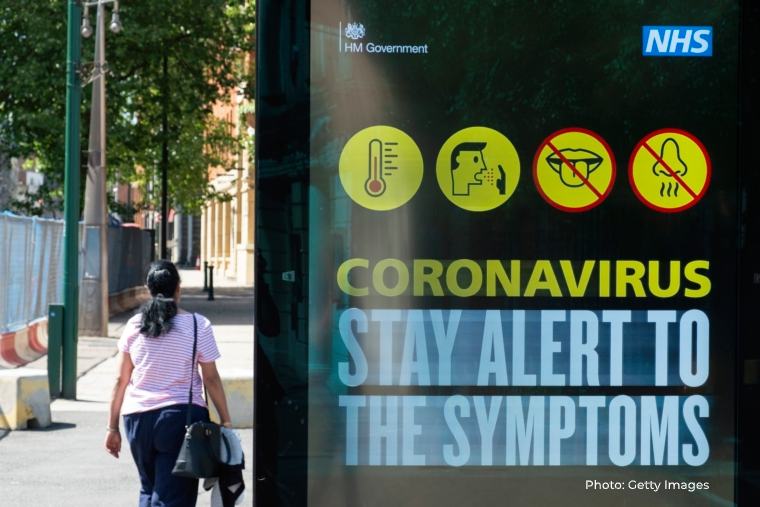
Copyright & credited by inews
https://inews.co.uk/news/health/covid-exposure-how-long-test-positive-when-symptoms-incubation-period-explained-1568603
There continue to be high numbers of Covid-19 cases around the UK, with infections driven by the Omicron sub-variant BA.2.
Restrictions have eased for much of the nation, with people in England not required to self-isolate any more even after a positive test.
Access to free lateral flow and PCR tests has also changed, with the vast majority of people in England now having to pay for Covid testing.
How long after Covid exposure will you test positive?
According to guidance from the US-based clinic Norton Healthcare, evidence suggests that testing for Covid-19 is less accurate within three days of exposure. It advises that a more accurate result will come after five to seven days.
However, Edinburgh University public health professor Linda Bauld, told The Independent that the Omicron variant could be detected sooner than other strains.
She said: “What happens is people are carrying more of the virus in their upper airways and it’s replicating quite quickly so even if they’re exposed to a small amount of virus we can pick it up very rapidly.”
Professor Bauld advised that if you have come into contact with a positive case, “it certainly is reasonable that within the first 24 hours to [test for Covid-19] and to continue to do so for several days.”
Initially, you were required to self-isolate if you came into contact with someone who had tested positive for Covid-19 in the UK.
However, this requirement was initially withdrawn for people who had received two doses of a coronavirus vaccine before eventually being eased for the entire population.
The NHS continues to advise that you try to stay at home and avoid contact with other people if you are displaying symptoms of Covid-19.
When do Covid symptoms start to show?
For previous variants of Covid-19, such as Alpha and Delta, the World Health Organisation (WHO) has said symptoms could begin to develop anywhere between two days and two weeks after infection.
However, the incubation period – the time between infection and symptoms appearing – for Omicron and its offshoots is believed to be much shorter: between three and five days.
Harvard University says: “People are thought to be most contagious early in the course of their illness.
“With Omicron, most transmission appears to occur during the one to two days before onset of symptoms, and in the two to three days afterwards. People with no symptoms can also spread the coronavirus to others.”
Health Secretary Sajid Javid said in December: “Recent analysis from the UK Health Security Agency (UKHSA) suggests that the window between infection and infectiousness may be shorter for the Omicron variant than the Delta variant.”
Data shows that the majority of people are no longer infectious seven days after beginning to experience symptoms or first testing positive, particularly when vaccinated, and the vast majority are no longer infectious after 10 days.
What are the symptoms of Covid?
The NHS now lists the following as official Covid symptoms:

2020 HWGB Biotech. All rights Reserved.